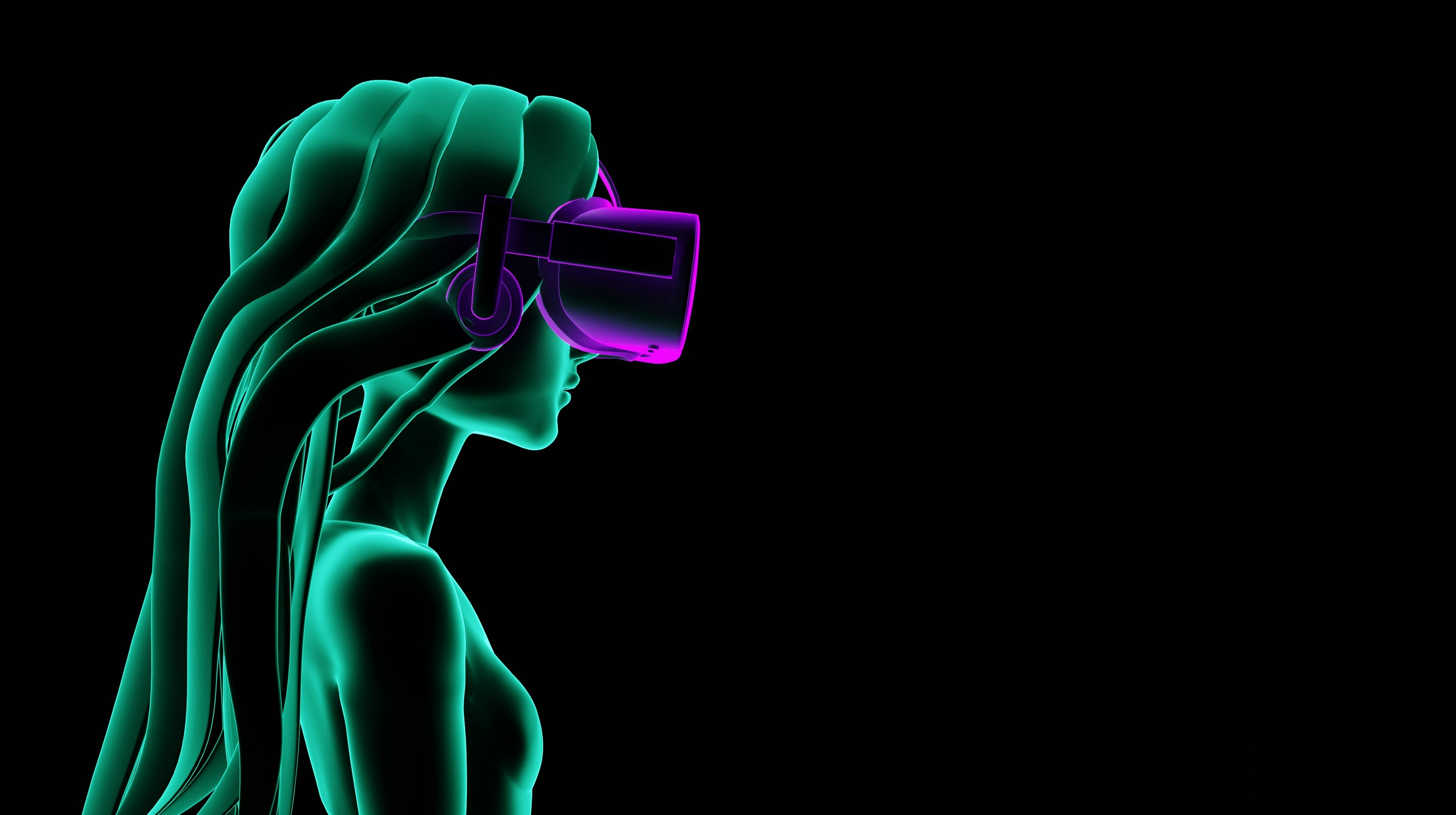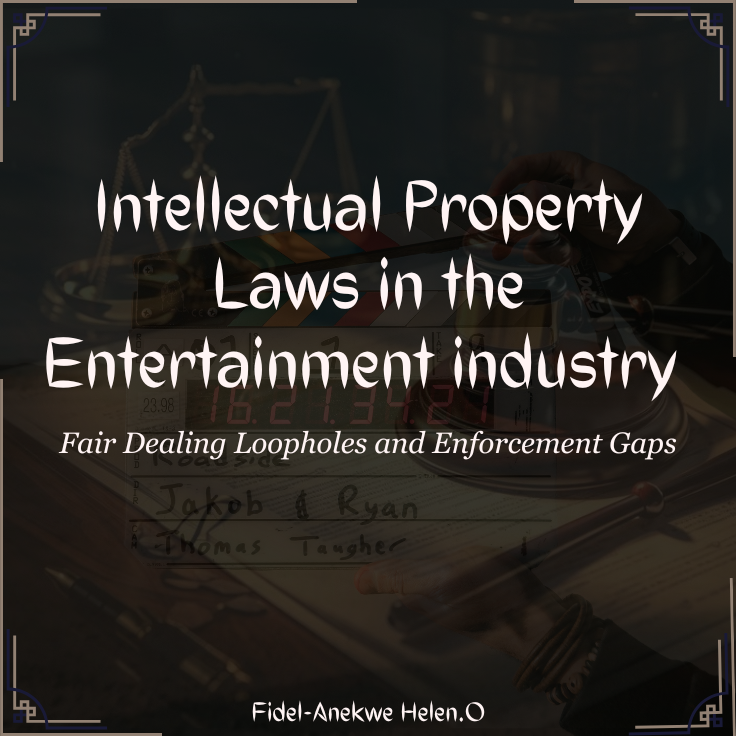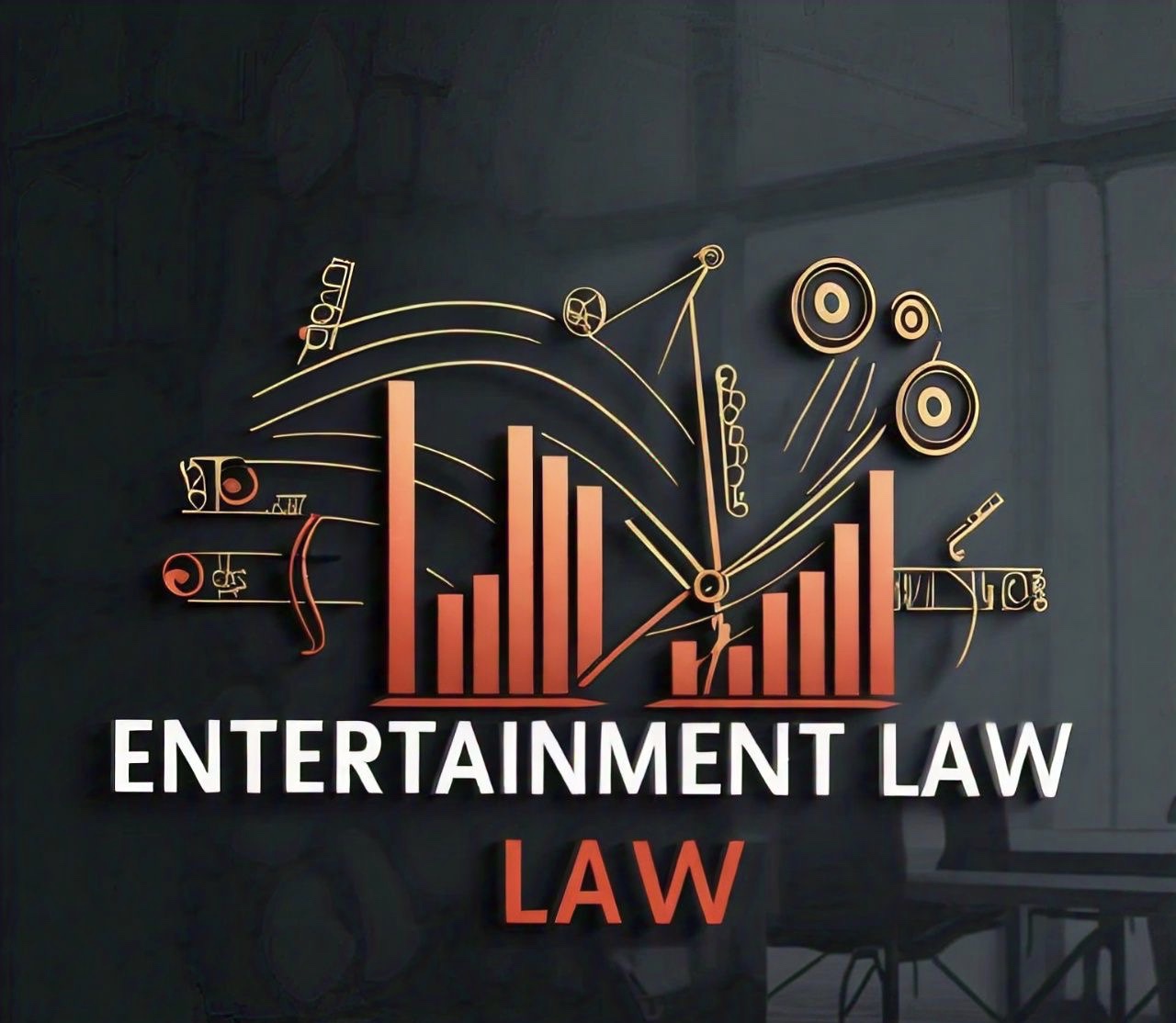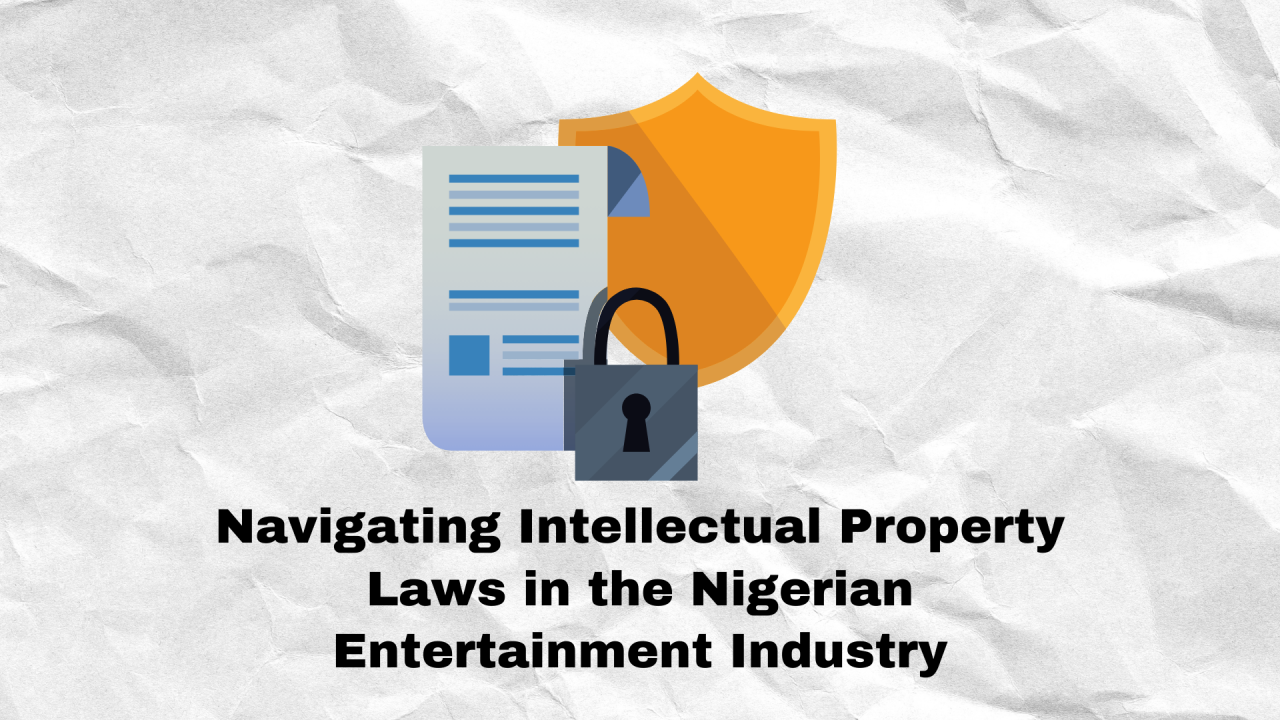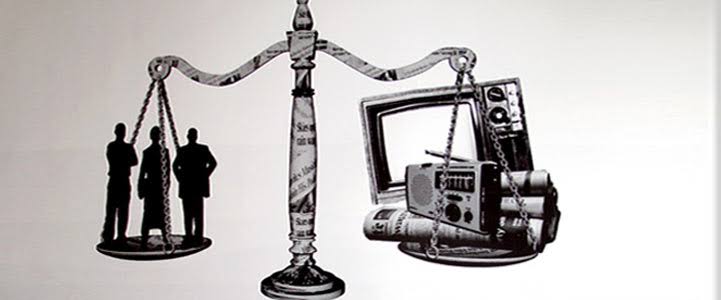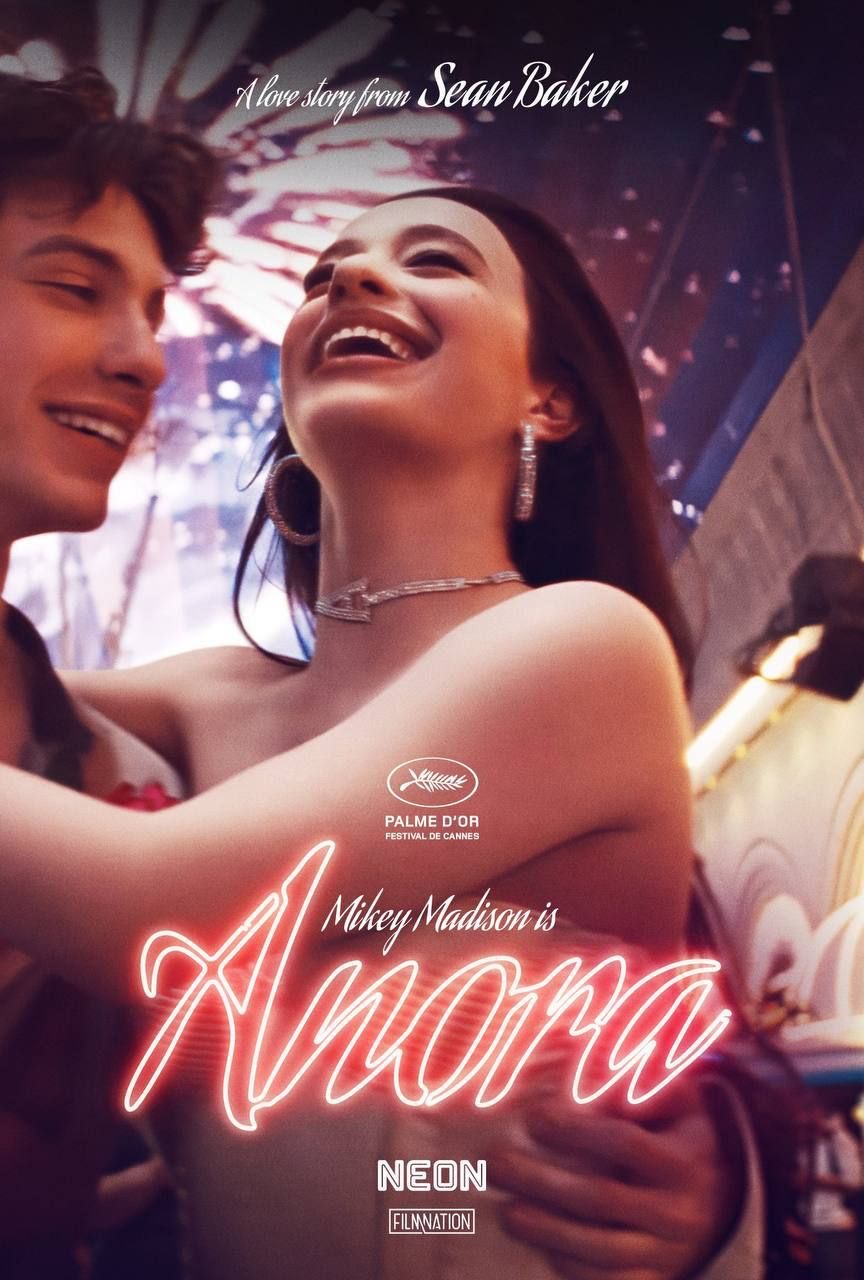
Introduction
Intellectual Property (“IP”) law deals with laws to protect and enforce the rights of the creators and owners of inventions, writing, music, designs, and other works, known as "intellectual property". Intellectual Property grants and protects rights in works and authourship such as Literary works, artistic works, musical works, audiovisual works, etc. Understanding the legal framework protecting intellectual property (IP) is essential in Nigeria's dynamic entertainment industry, where creativity flourishes and cultural expression soars. From the cinematic masterpieces of Nollywood and their scripts to the infectious beats of Afrobeats and their brand identity, IP laws such as the Copyright Act, Trademark Act, and Patents and Designs Act, are the foundation that protects creators' rights, guaranteeing that their innovations are not only celebrated but also legally protected. As the industry grows, it is imperative that every artist, producer, and entrepreneur understands the laws governing this dynamic sector.
Relevance of IP in the Entertainment Industry
It is not shocking that the entertainment industry, which is founded on creativity, is governed by intellectual property laws. Intellectual property law is the most important legal framework governing Nigeria's entertainment industry. Intellectual Property law has been described as irremovable from the Entertainment Industry. It doesn't take Einstein to understand the reason behind this- the entertainment business is a business of creatives while intellectual property law protects creatives and their creations. One can therefore simply say, that intellectual property laws apply to the entertainment industry, to ensure that the rights of creators are protected and appropriately used. Thus, a creative in the entertainment sector should have some understanding of Intellectual Property law because it affects their livelihood in a variety of ways, including securing their rights to their work and ensuring they are properly compensated. A creative with a thorough understanding of IP is unlikely to plunge into the pit of unintended usage of someone else's work without permission; knowledge of IP will benefit them in contract negotiations, and several other ways.
Ogbuinya, J.C.A, in Multichoice(Nig.)Ltd.v.M.C.S.N.Ltd.Gte[1], stated that “Indubitably, a musician is a composer, who, like a spider that spins cobweb from its belly, creates something out of nothing. The product of his ingenuity is music which is the soul, lubricant, and elixir of life. He acquires intellectual interest, over his musical work, which racks pari passu with other proprietary rights. The copyright in music is transferable through assignment, inheritance, and testamentary dispositions. Thus, music is a money spinner for an artiste, his dependants, and his successors. In essence, the gains of musical work permeate all segments of the global society, it is, therefore, unconscionable, in the presence of damning testimony, to deny a musician the fruits of his intellectual efforts. Such kills ingenuity in the music artistic firmament to the detriment of all!”[2]
Let’s dive into these laws that govern the entertainment industry in Nigeria;
1. Copyright Act:
Copyright has been aptly defined as ‘the right to copy; specifically, a property right in an original work of authorship, including literary, musical, dramatic, choreographic, pictorial, graphic, sculptural, and architectural works; motion pictures and other audiovisual works; and sound recordings, fixed in any tangible medium of expression, giving the holder the exclusive right to reproduce, adapt, distribute, perform, and display the work’[3]. The copyright act creates automatic protection for fixated works created by authors in the entertainment industry.
Copyright Act covers the creative works of writers, artists, songwriters, music publishers, cinematographers, photographers, and other creatives working in the media and entertainment sector. It also covers their transfer, protection, infringement, penalty, remedy, and moral rights. This protection forbids unauthorized individuals from stealing, altering, or passing off a creative work as their own and gives the creator the only authority to manage how his works are used.
The Act also provides for the defence of Copyright Infringement, which is Fair dealing. The purpose of this exception is to guarantee that society can continue to use creative works, provided that it does not infringe upon the owner's rights. This implies that works protected by copyright may still be utilized, subject to legal restrictions, without incurring any penalty. Subject to certain restrictions, the fair dealing principle permits users to duplicate works without the owner's consent.
Section 20(1) of the act, which lists all of the specified acts as fair dealing, does not, however, provide users the right to use an author's work indiscriminately, because doing so would undermine the protections afforded to the owners of creative works. This means that since the defense is not intended to be used as an instrument of abuse, it will not be effective in situations where it can be demonstrated that it is only being used as a pretext for the blatant contempt for the author's rights. Therefore, whether or not a person uses the work of an author for private study or evaluation, it cannot be ruled to be fair dealing to reproduce the full of the work in all of its exactness.
The Copyright Act also provides factors to determine whether an act qualifies as fair dealing, in the proviso to Section 20 (1)(d) of the Act
Section 1 of the Act outlines the works that are eligible for copyright, all of which apply to the entertainment industry, the works are; Literary works (e.g. scripts and books), musical works (e.g. songs), artistic works (e.g. paintings and drawings), audiovisual works, sound recordings and broadcasts.
The act also specifies the duration for copyright protection for a variety of works, the duration ensures long-term protection and benefits for creators.
In Liberty Williams (a.k.a. Pupayannis) v. MTN Nigeria Communications Limited & Ors. On October 12, 2017. Musician, Pupayannis (the Plaintiff) filed a Suit at the Federal High Court in Abuja against MTN Nigeria Communications Limited and others. The subject of the suit was the Copyright Infringement of his song "Love is Everything". In the plaintiff's Statement of Claim, he alleged that over a while, his song has been used by MTN as a caller tune and the network provider has been collecting money for the caller tunes and had not compensated him for its use. The Plaintiff further contended in his statement of claim that he had a relationship with a record company, although, he did not give copyright to his past works including 'Love is Everything' to MTN, and the offer of the Plaintiff's song for a fee to MTN customers without his knowledge and consent amounted to copyright infringement. The Plaintiff in his relief prayed the honourable court to award the sum of two hundred million naira (N200,000,000) as general damages and one hundred million naira (N100,000,000) as aggravated and punitive damages.
The learned Justice, per Justice Ojukwu held that MTN’s action constituted an infringement of the plaintiff’s copyright, adding that the defendant had no right to use the plaintiff’s work without the requisite permission. She also restrained the defendants, their agents, privies, or assigns from further infringing the plaintiff’s copyright to the song. In particular, she ordered MTN to remove plaintiffs from its call ring-back tune platform. The court found the defendants to have flagrantly violated the plaintiff’s copyright, while ordering MTN to render an account, within three months, of its sale of the plaintiff’s song as a caller ring-back tune. The court ruled that MTN should pay N20 million in damages to Liberty Williams.
This case depicts one of the ways the copyright act safeguards the rights of creatives in the entertainment industry.
2. Trademark Act:
A trademark means a word, phrase, logo, or other graphic symbol used by a manufacturer or seller to distinguish its products from those of others. The main purpose of a trademark is to guarantee a products genuineness. In effect, the trademark is the commercial substitute for one’s signature.[4]
A trademark protects the goodwill of a brand from exploitation by competitors. Hence, logos, signs, marks, company names, record label names, slogans, and performers’ stage names, can be protected under the Trade Marks Act (“the Act”).
In Nigeria's entertainment industry, trademarks are very important, especially in the music and film industries. The people who produce goods for these businesses use their creativity to produce high-quality goods and build goodwill and recognition for their identities and brands. To avoid others using names that sound similar and confusing customers about the source of the good or service being provided, they must register their names, marks, signs, and symbols.
Unlike copyright which has automatic protection, trademarks must be registered before they can be protected and the process for registration is specified in Section 23-28 of the Trademark Act strict adherence is important, failure to complete the registration process will mean the mark is not protected under the act.
This registration is subject to renewal and failure to do that will amount to the mark being “left without protection” under the Act.
The Domitilla case is one to take note of. In 1996, Nigerian producer Zeb Ejiro, who was the petitioner in the case, produced the blockbuster movie DOMITILLA, which became a massive success. A sequel, DOMITILLA 2, was produced in 1999, and the respondent played the title character, Domitilla. However, 24 years later, a dispute arose over the alleged infringement of the respondent's right in the trademark, DOMITILLA. The petitioner sought to collaborate with media outlets for a remake of the movie and approached the Respondent to act as "Aunty" to the new Domitilla character in the movie, but the parties couldn't agree on the payment. The petitioner decided to reboot without the actress, but was asked to stop because the respondent returned with a letter that stated that it was an infringement of her registered trademark; "DOMITILLA & DEVICE" in class 41, filed on September 16, 2020, the same year the petitioner had announced plans to make a reboot of the movie. The actress petitioned the Trademarks Registry to challenge the registration of the trademark, claiming it belonged to him and had been in use since 1996. The respondent argued that she had registered the trademark over ten months before the movie was approached and that the time for opposition had elapsed. The trademark was published in October 2021, and the petition was filed in February 2023, over a year after the opposition period had elapsed.
The Respondent claimed to be the true proprietor of the DOMITILLA trademark in Nigeria, claiming to have acquired more goodwill and reputation than the Petitioner. The Tribunal found that the only evidence she relied on was the acknowledgment and acceptance letter from the Trademarks Registry, which was deemed insufficient proof of true ownership.
The Tribunal determined that a true proprietor of a trademark is someone who has a prior claim to the trademark. The DOMITILLA movie, which gave birth to the disputed trademark, was created and produced by the Petitioner, who hired the actress to play DOMITILLA. The Respondent's claim of goodwill in the trademark was unfounded, and the Petitioner had been using it before the Respondent filed for registration. The Tribunal agreed with the Petitioner that the Respondent was not the proprietor of DOMITILLA but copied the name from the Petitioner and filed for it.
The Respondent also raised the issue of jurisdiction and contended that the time within which the Petitioner could oppose her trademark application (which is two months from the date of publication) had elapsed and therefore, the Petitioner was stopped from approaching the Trademark Tribunal and the Tribunal had no jurisdiction to adjudicate on the matter. The Tribunal did not rule on jurisdiction or time to commence opposition proceedings but ruled that the matter was a petition against the registration of a disputed mark. The Tribunal cited Section 22(1) and 18(7) of the Trademarks Act, which allows the Registry to withhold registration and correct errors in trademark applications, as the basis for its jurisdiction. The Respondent was deemed not to be the owner of the DOMITILLA trademark.
3. Patent and Designs Act
The Patent and Designs Act of 1990 grants patent rights to inventors or owners of patentable inventions. The important role of the patent in the entertainment industry includes the need to protect and grant the right of monopoly on creators of technological inventions that are applied for industrial use in the entertainment industry. For instance, the invention of modern audio systems, video cameras, drones, 3D projection, and digital streaming platforms. Thus, it is the significance of patents in the entertainment industry that has made the movie industry evolve from white and black films to technicolour movies and further to a world of animation which alone is a source of huge investment in the entertainment industry[5]. The conditions for patentability are specified in the Act, as well as the duration of protection.
Conclusion
Intellectual Property Laws are Crucial to Nigeria’s Entertainment Industry, Providing Essential Protection for Creative Works and Fostering Growth. These laws help in Granting Artists and Innovators the Proper recognition and Financial Compensation by Protecting Copyrights, Trademarks, Patents and Designs. This Legal Framework ensures that Nigeria’s Entertainment Market is Competitive and thriving by Promoting Investment, Encouraging greater creativity, and Supporting the Industry’s Growth.
REFERENCES
- Resolution Law Firm (2021). Overview of media and entertainment law in Nigeria. https://www.mondaq.com/nigeria/broadcasting-film-tv-radio/1039336/overview-of-media-and-entertainment-law-in-nigeria. Accessed 28th August, 2024.
- Chudi Ojukwu (2022). The role of copyright in the protection of the Nigerian entertainment industry. https://sabilaw.org/the-role-of-copyright-in-the-protection-of-the-nigeria-entertainment-industry/. Accessed 28th August, 2024.
- O. M. ATOYEBI, SAN FCIARB. (U.K). (2024). Fair use and fair dealing: An analysis of copyright law in Nigeria. https://omaplex.com.ng/fair-use-and-fair-dealing-an-analysis-of-copyright-law-in-nigeria/#:~:text=Section%2020%20(1)%20(a,the%20work%20and%20its%20author. Accessed 28th August, 2024.
- Verem Daniel Iortyom, Esq, Sophia Terhembafan Terver- Ubwa and Ezeani Onyedikachi Collins (2023). Intellectual property law and entertainment infringement in Nigeria: A critical analysis. https://sabilaw.org/intellectual-property-law-and-entertainment-infringement-in-nigeria-a-critical-analysis/. Accessed 28th August, 2024.
- Gbenga Biobaku & Co (2024). Domitilla movie: The real trademark drama. https://www.mondaq.com/nigeria/trademark/1434690/domitilla-movie-the-real-trademark-drama. Accessed 28th August, 2024.
[1](2020) 13 NWLR (Pt.1742)
[2](2020) 13 NWLR (Pt.1742) 535 paras F-H
[3]Blacks law dictionary
[4]I. T. (Nig.) Ltd. v. B. A.T. (Nig.) Ltd. (2009) 6 NWLR 9 (Pt.1138) 630, paras. G-H.
[5]Mondaq Ltd ‘An Overview of the guiding laws regulating the media and entertainment industry in Nigeria.’ https://www.mondaq.com/nigeria/music-and-the-arts/1444512/an-overview-of-the-guiding-laws-regulating-the-media-and-entertainment-industry-in-nigeria#_ftn8. Accessed 28th August,2024.
